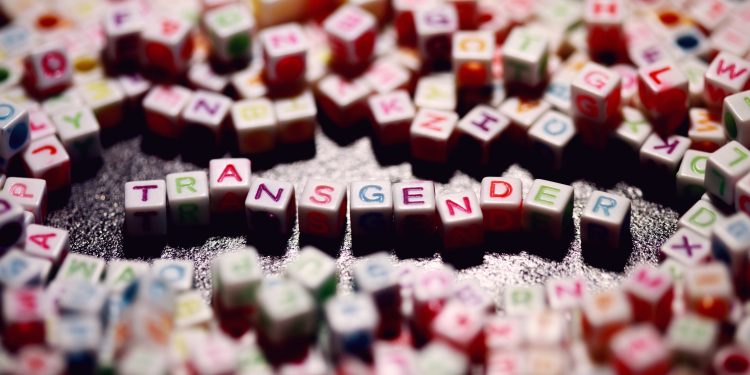A legal and ethical controversy has erupted in Germany over the impending incarceration of convicted far-right extremist Marla-Svenja Liebich, whose prison placement threatens to become a landmark test case for the country’s progressive Self-Determination Act.
The Halle District Court sentenced Liebich to eighteen months without parole in July 2023 for extreme right-wing incitement to hatred, defamation, and insult—charges stemming from her activities while known as Sven Liebich, a reported member of the banned neo-Nazi organization Blood and Honour.
The case has ignited national debate about gender identity rights, bad faith applications of progressive laws, and prison system protocols after Liebich legally changed her gender marker from male to female following the act’s December 2024 implementation.

Legal Timeline: From Neo-Nazi Activities to Gender Marker Change
The complex case began with Liebich’s far-right activities and subsequent conviction under Germany’s strict hate speech laws. After exhausting all appeals against her sentence, Liebich utilized the newly implemented Self-Determination Act—legislation designed to simplify gender transitions by allowing changes through registry office declarations rather than judicial rulings.
This timing has raised suspicions across German media, with Der Spiegel questioning whether the change represents a “abusive manner in order to provoke and embarrass the state,” particularly given Liebich’s history of queerphobic statements during her neo-Nazi involvement.
The Institutional Response
Chief Public Prosecutor Dennis Cernota of Halle has confirmed Liebich will initially report to Chemnitz women’s correctional facility on August 29, 2025, though final placement decisions will occur after intake assessment. The prison administration faces the delicate task of evaluating whether Liebich might “pose a threat to security and order” within the women’s facility—a determination that could trigger transfer to alternative accommodations.
This process represents the German justice system’s first high-profile test of implementing the Self-Determination Act within correctional settings, with outcomes likely influencing future cases involving transgender offenders.
Liebich has actively pursued legal action against media outlets including Der Spiegel and journalist Julian Reichelt over what she terms false representations of her gender identity. These efforts have largely failed, with the Press Council unanimously rejecting her complaint and Berlin Regional Court denying her injunction request against Reichelt’s reporting.
The former Bild editor had publicly declared “Sven Liebich is not a woman,” arguing the case demonstrated how the government’s legislation “force[d] almost the entire German media landscape to tell untruths.” These legal defeats highlight the tension between transgender rights and perceived bad faith applications of those rights.
Why It Matters
The controversy arrives at a sensitive moment for German LGBTQ+ rights, with conservative politicians seizing on the case to critique the Self-Determination Act’s implementation. While LGBTQ+ advocacy groups emphasize the law’s importance for genuine transgender individuals, they acknowledge the Liebich case presents challenging optics.
Correctional experts note the Chemnitz facility faces unprecedented challenges in housing a individual with both far-right extremist views and contested gender identity.
Standard protocols typically consider both inmate safety and institutional security when making placement decisions, with factors including criminal history, behavioral patterns, and medical needs.
The assessment period following Liebich’s intake will likely establish important precedents for how German prisons implement the Self-Determination Act while maintaining facility security and order.

















